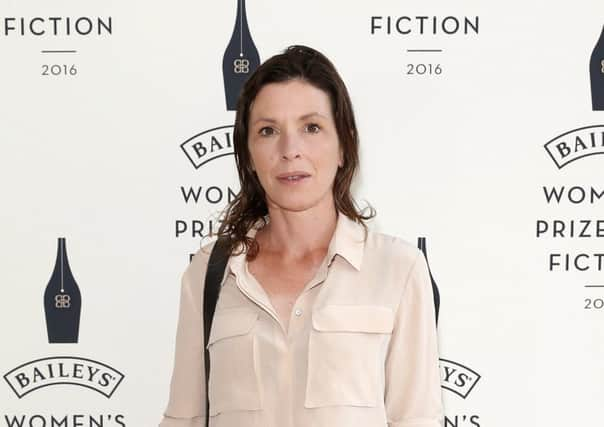Book review: Kudos, by Rachel Cusk


Faye, the central figure in all three novels, is herself a novelist. One assumes, not, I think, unfairly, a novelist rather like Cusk herself. On her way to a literary festival somewhere in Europe, she is sitting beside an unusually tall man on a plane. They fall into conversation, which isn’t the right word because Faye scarcely gets a word in, as he tells her all about his life, work, family, his “unbelievably neurotic” daughter who plays the oboe beautifully, their huge family guard-dog who has just had be put down and whom he buried last night.
This sets a pattern for the novel. Faye is an unusually sympathetic or receptive listener, because everyone she meets unburdens herself or himself to her. This is a device more convenient than probable. Some of their stories about difficult marriages, broken marriages, the desire for freedom, the disappointments of freedom, and so forth, are interesting. Some raise good questions, rarely answered though Faye will sometimes offer a sensible intervention. Several journalists are assigned to interview Faye, as an important foreign visitor to the festival, but the interviewers are more interested in telling their own story to Faye than in conducting an interview. This is quite a good joke first time round, less so on repetition. Even a student assigned the job of shepherding the festival’s guests from one venue to another insists on giving Faye the benefit of his life story and opinions about the state of the world. Some of these obsessive storytellers are interesting, some as predictable as the personal problems page of a magazine. It is perhaps a rather lazy way of writing a novel, especially since all these self-obsessed storytellers speak in the same way, in the same undifferentiated tone of voice. They represent, one concludes, ideas, not people.
Advertisement
Hide AdSome of the ideas are of course interesting because Cusk herself is highly intelligent. There’s a good scene in which, on arrival, she is greeted by her publisher, “a delicate-looking man, dapperly dressed... with angular silver-framed glasses and a smell of ironing and cologne.” He has, it seems, revived the fortunes of the firm by rejecting manuscripts from “some of our more illustrious writers” – this is nice. Better still, he goes on to tell Faye that what all publishers are looking for is “those writers who performed well in the market while maintaining a connection to the values of literature; in other words, who wrote books that people could actually enjoy without feeling in the least demeaned by being seen reading them.” I like this, partly because it is such an agreeably old-fashioned opinion, being a good description of a certain sort of bestseller who has always flourished, novelists such as Hugh Walpole, Frances Parkinson Keyes, Thomas Armstrong, Francis Brett Young or, indeed, Georgette Heyer, all in great demand by subscribers to Boots’ Lending Library. I also like the other publisher who says “we publishers proceed on the assumption that no one cares about books whereas the makers of cornflakes convince everyone that the world needs cornflakes like it needs the sun to rise in the morning”. This is amusing, even if it is only an author’s sour joke. It’s also untrue, for publishers more often think their goslings will become swans, much in demand. Moreover, given the enthusiasm with which Cusk’s publishers proclaim her genius – “The Trilogy is one of the great achievements in fiction” – it’s also a mite ungenerous and ungrateful.
Kudos, by Rachel Cusk, Faber & Faber, 232pp, £16.99